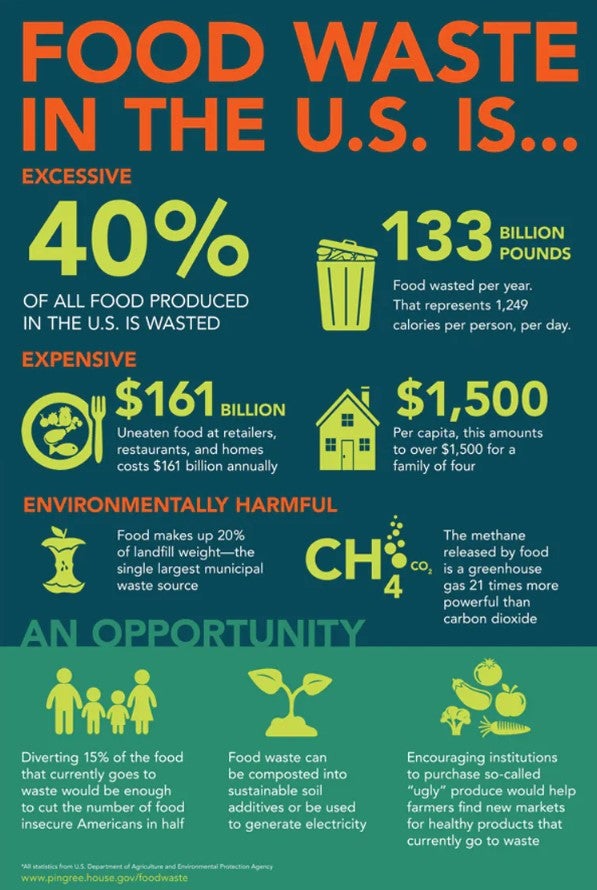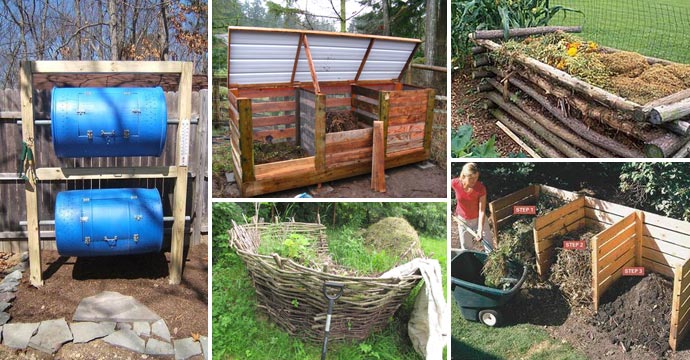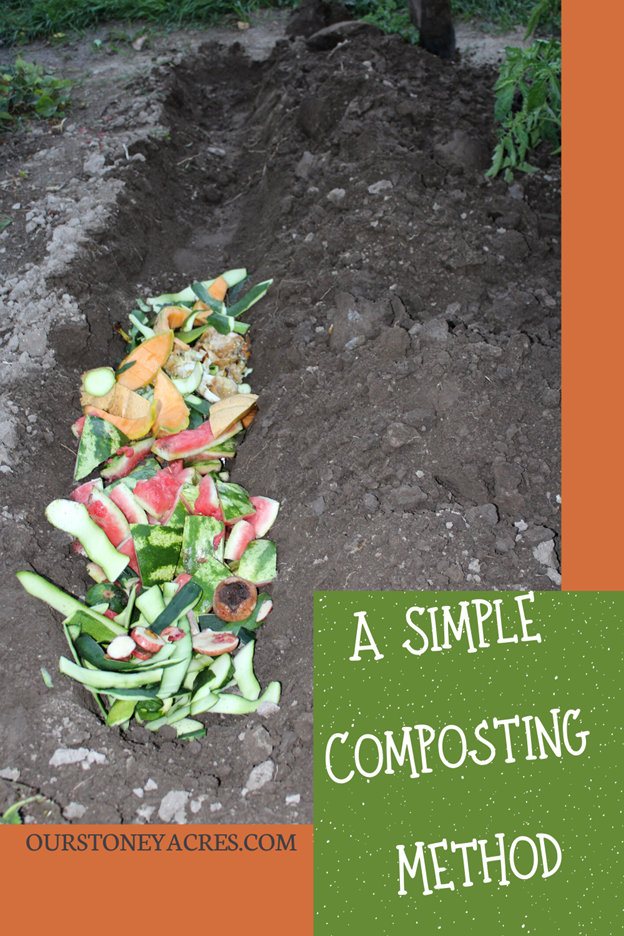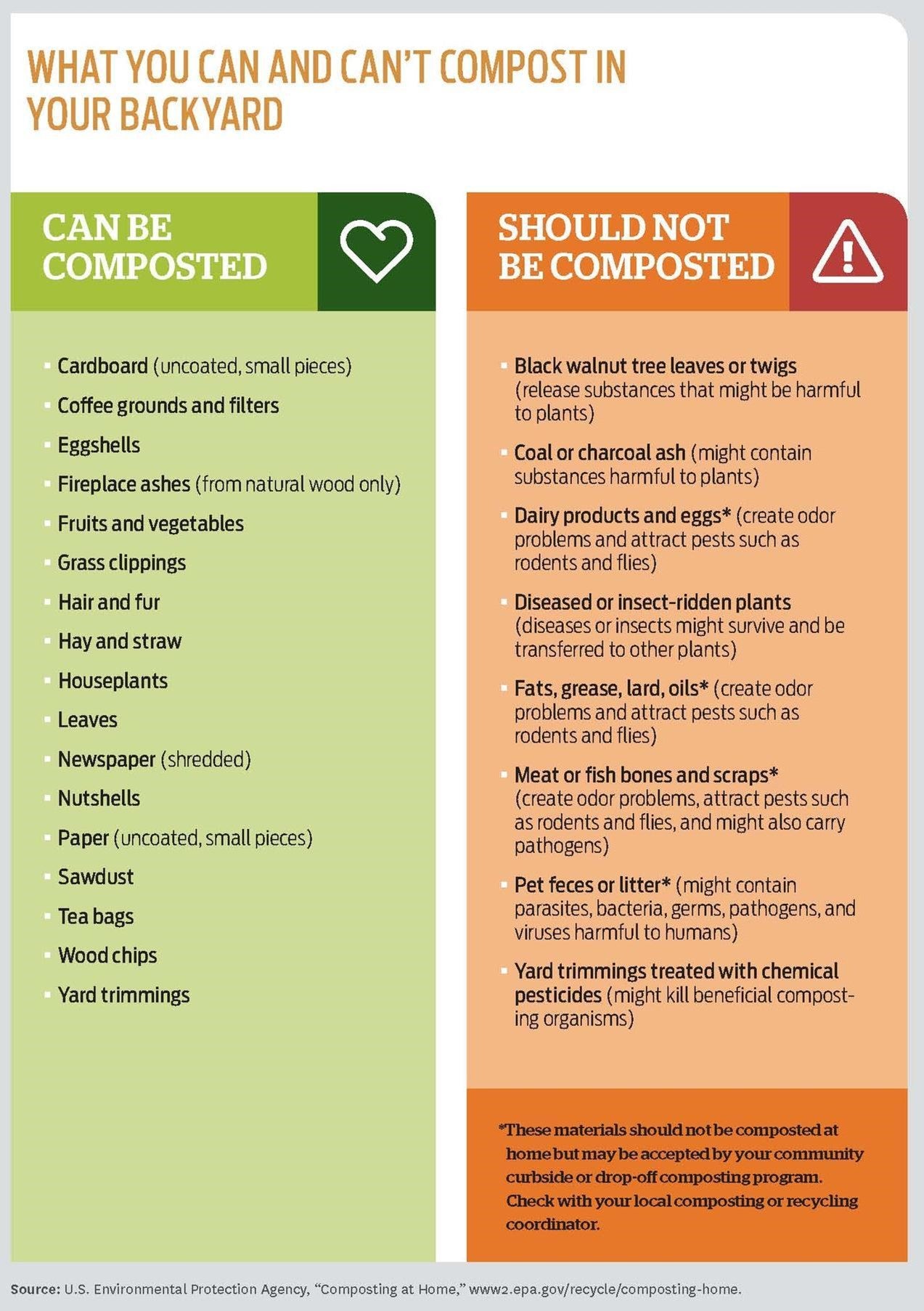Composting 101
Hello everyone, the Greenville community garden is excited to share with you some valuable information on composting. However, before we get started, I would like to thank Joni Torres for donating a compost tumbler that will help with our daily operations of the garden. Now, let’s get started on composting. Composting is essentially taking and recycling food scraps and other types of organic waste matter which has many benefits if done correctly. Practicing this method can lead to better soil for gardening, reduced greenhouse gas emissions, and decreased personal food waste.

According to a study conducted in 2016 by the NRDC, U.S retailers, and consumers discard roughly 60 million tons of food annually. Furthermore, if more people adopted this practice of composting, we could eliminate some of this waste and take care of Mother Earth. All in all, whether you are a beginner at composting or more advanced there is a method for everyone. Today we will go over three composting techniques Home Composting, Vermicomposting and Trench Composting.
Home Composting
Don’t worry if you live in an apartment complex in the city or a house with little access to backyard space. Don’t panic, we have you covered, but before you get started you must first create a list of how much organic waste you produce in the kitchen and your yard and how much time you can donate to the project each week. Within home composting lies a subcategory backyard composting which is composed of two types hot and cold composting.
- Cold composting– requires less time and effort than hot composting however, compost will break down slowly and could lead to harmful bacteria. If you have fewer materials to compost or are short on time this method could be the most effective.
- Hot Composting– is much faster than cold composting but requires more time and effort. You must ensure you have the right carbon and nitrogen balance for instance carbon materials include leaves, tree branches, and mulch while nitrogen elements include food scraps and grass clippings. If done so correctly you could have nice rich compost as early as 4 weeks.

Trench Composting– Requires burying organic matter directly into the soil. To get started you must first dig a hole fill it with organic matter and cover it with soil. Trench composting can be utilized any time of the year, but your soil must be in good health. Here are a few tips to follow.
- Do not dig near existing root systems as doing so can damage plant root systems and expose them to harmful bacteria.
- You should not plant anything on top of your trench due to the soil shrinking during the composting process in which organic matter is being broken down.
- Ensure that you are watering the top level of trench soil regularly.

Vermicomposting – Also known as worm composting is a great, inexpensive way to compost. You will need to set up bedding made from material rich in carbon and will need some common items like dried leaves, straw, and shredded paper. Here are some quick tips to get you started on Vermicomposting.
- Refrain from using metal bins as they easily change the temperature for the worms which would cause them to be uncomfortable.
- You should monitor your worms and aim to feed them once per week while giving them time to adjust to their new environment.
I hope this information has sparked your interest in composting and if you would like a more detailed guide on composting check out the links to the sources below.
